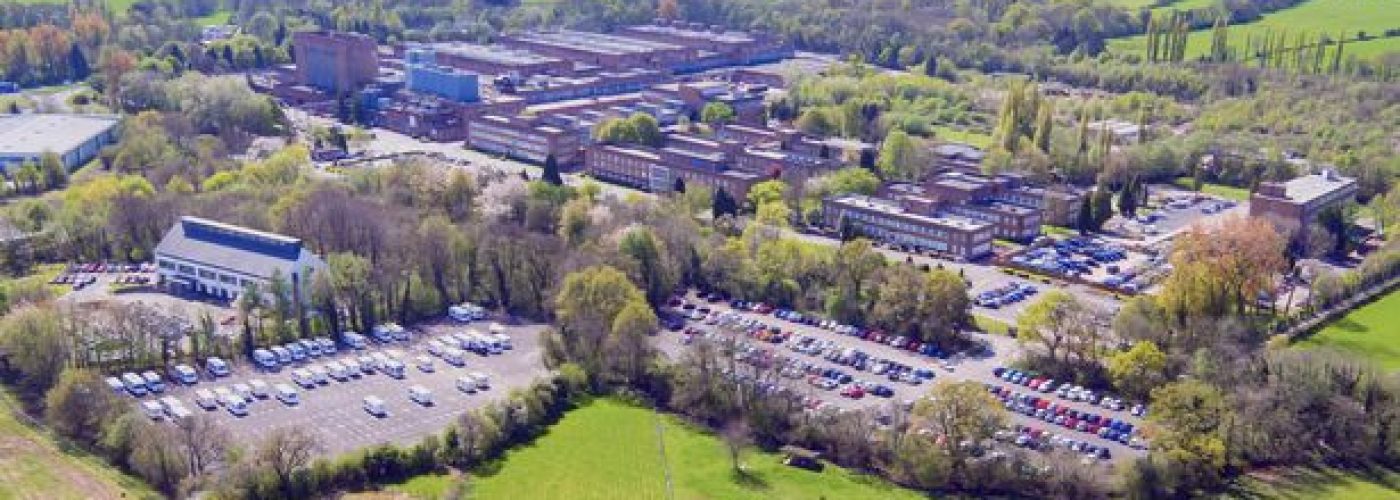Developers of a 980-unit housing scheme near Pontypool, Wales, reject claims that they are led by outdated ‘‘car is king’’ thinking
‘‘When it comes to new housing developments, local residents are right to raise concerns if they feel the process has not been transparent and they have doubts over its environmental credentials. ’’
Amelia Womack, Green Party deputy leader, former Senedd Candidate for Newport West, South Wales.
In the countdown to November’s cop26 Climate Change conference in Glasgow, questions are being asked around the ‘car is king’ planning approach of a new 980-dwelling urban village near the ancient rural hamlet of Mamhilad, Pontypool, located within walking distance from the historic and environmentally-sensitive Monmouthshire and Brecon Canal.
Property development company, Johnsey Estates, owners of the brown field development land near Mamhilad, Pontypool, reached initial agreements with Torfaen County Council on several key aspects of Mamilad Urban Village development last summer, but local residents complained of a lack of detailed information and transparency.
Critics of the scheme pointed out that the location will encourage car-use with an estimated 1,400 vehicles based at the residential site. Residents in the nearby communities of Little Mill and Mamhilad fear future road bottle-necks at new access roads and a general built-up of local traffic. Concerns have also been raised about the lack a basic emissions-limiting strategy covering electric-vehicle charging points and no attempt to integrate alternative energy generation into the scheme. Further questions have been raised over whether environmentally-friendly building materials and high-efficiency insulation technology will be used.
Now, in the light of the United Nations Special Report on Climate Change and the cop26 Climate Change Conference in Glasgow in November, local residents and campaign groups are demanding that the environmental planning around the proposed development be changed from ‘‘urban village’’ to ‘‘eco-village’’.
‘’Major traffic snarl-ups are inevitable’’.
‘’Things have moved on from the initial plans were proposed in 2013,’’ said Storm Singleton, whose stone cottage in Upper Mamhilad overlooks the development site. ‘’The starting point of the project should have been should have been a truly green, sustainable and inter-connected plan.’’
‘’The main concern is the massive increase in car-use and traffic congestion in the area. A new community of almost 1,000 homes means many vehicles based on-site and addition to all the regular delivery and service vehicles. There’s going to be chaos at peak-times during travel-to-school and working day. Major traffic snarl-ups are inevitable. The developers seem to be blind to this.’’
Mr Singleton and his neighbours have struggled to acquire information from Johnsey Estates and Torfaen Borough Council. Questions about an access road to a new school, development of a proposed new roundabout and projected statistics on increases traffic flow have been blocked.
‘’When it comes to traffic, road-usage and on-site parking issues, there’s a sense of evasion and a lack of transparency, ’’ said Mr Singleton.
In a review of the Mamilad Urban Village plans in 2017, the Design Commission for Wales stated that ‘’car parking will be one of the biggest challenges of the scheme’’ and added that there were ‘’clear concerns about on-plot, on-street and small parking courts.’’
Retired health administrator, Marie Skiller, lives in the village of Little Mill, near the busy main road from Mamhilad to Usk.
Mrs Skiller told Impact News:
‘’It’s not just the increase in traffic on the main road through the village. There’s also a lack of clarity about health service provision for that new community and the knock-on impact on existing villages. From my own time in health provision administration, I know how challenging setting up a long-term staffing of a new community surgery is. Since the Covid pandemic, there are now huge additional healthcare staffing issues.’’
The view of environmental-concerned building consultants:
Alleged critical gaps compared to ecologically-aware projects in England
In England, housing developers and local councils in Surrey, Kent, Middlesex, Oxfordshire and Wiltshire are taking advice on decarbonisation and emissions. Abingdon-based Green Square Energy Centre, is one of the UK’s leading building consultants for low carbon, eco-friendly house-building. The company is a market leader in the installation of solar heating, solar panels, biomass stoves and boilers, heat bank storage, ground source heat pumps and air source heat pumps. Advice is also available on the allocation and positioning electric-charging points for electric vehicles.
A spokesperson for Green Square said:
‘‘Truly eco-friendly planning at Mamhilad appears to have some critical gaps compared to the kind of ecology-aware projects we work on. The building industry should be working alongside local councils to agree a forward-looking and architecturally-enlightened approach to building future communities. Why build an urban village when you can create a ground-breaking, eco-friendly community?’’
Green Square highlighted three award-winning housing developments as the gold standard for environmentally-aware house building in the 2020s and beyond:
- Primrose Hill, Passivhaus, Plymouth
- The Winles Development, Bishop’s Castle, Shropshire.
- Tee Eco Homes, Beneath Garden Village, Pembrokeshire.
Claims are ‘‘completely unfounded’’
Johnson Estates refute claims that the car-friendly Manhilad Urban Village was a concept more suited to the twentieth century rather than the 2020s, saying they were ‘‘completely unfounded’’.
A spokesperson for Johnsey Estates told Impact News:
“This is a brown field site that was first allocated in the Local Development Plan in 2013 and we have since worked closely with a number of leading multi-disciplined consultants and the Local Authority to develop a robust and thorough master plan. We are now in the process of finalising an agreement which will include significant contributions to public transport, active travel infrastructure, and a new park-and-ride facility so as to deliver a sustainable development co-located with extensive existing employment uses.’’
‘’Wales and the wider UK should have a clear roadmap for what net zero looks like…’’ Amelia Womack.
In response, Green Party deputy leader and Green Party Senedd Candidate for Newport West, Amelia Womack said:
“We are facing a climate emergency, so it is vital that every level of government does all it can to ensure that any new development is genuinely sustainable. Residents are right to raise concerns if they feel the process has not been transparent and they have doubts over its environmental credentials.
In the year of the most important COP climate meeting in history, national governments and local authorities in Wales and the wider UK should have a clear roadmap for what net zero looks like.
At the very least, this means that new developments need to be built to the highest energy efficiency standards, have adequate space for sources of renewable energy and a sustainable transport strategy that provides access to public transport, as well as walking and cycling.”
For the Local Government Association, Cllr David Renard, said councils across the country need to recalibrate their approaches to granting planning permission.
Councillor Renard said:
“Net zero can only be achieved if decarbonisation happens in every place, community and household. Long-term funding for councils would mean they can properly plan ahead on the needs of their local communities as a whole to support this.”
This article has been provided by IMPACT NEWS





